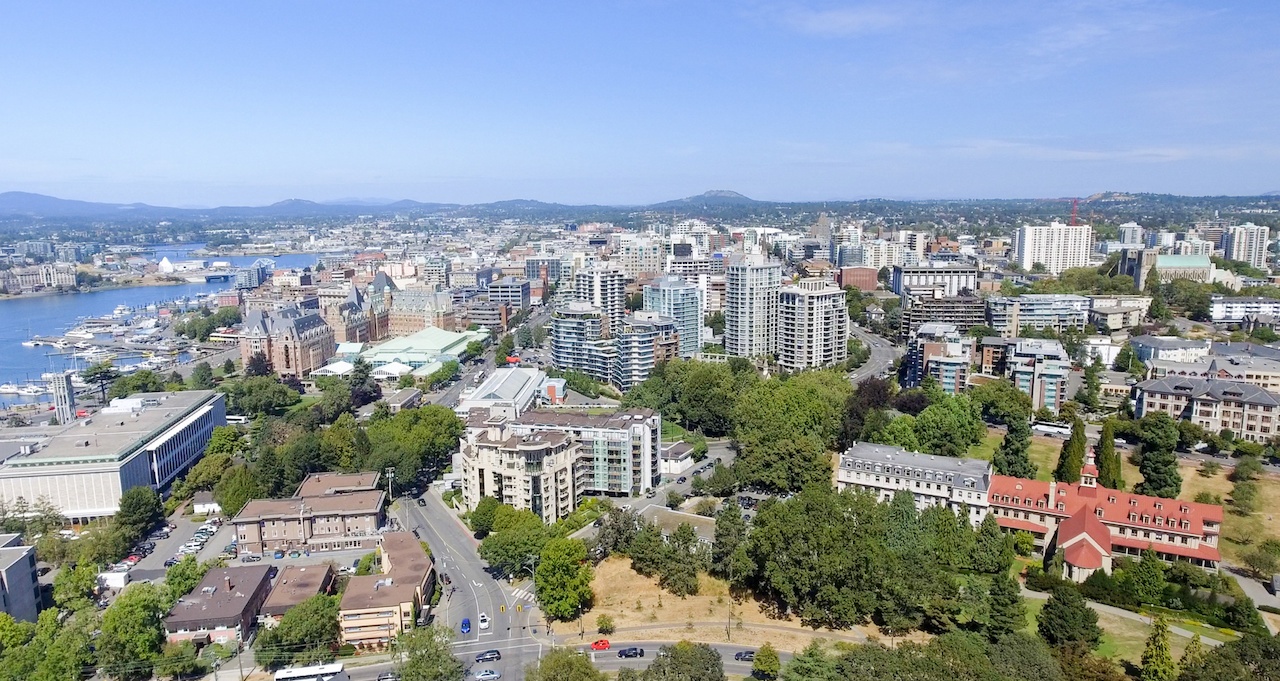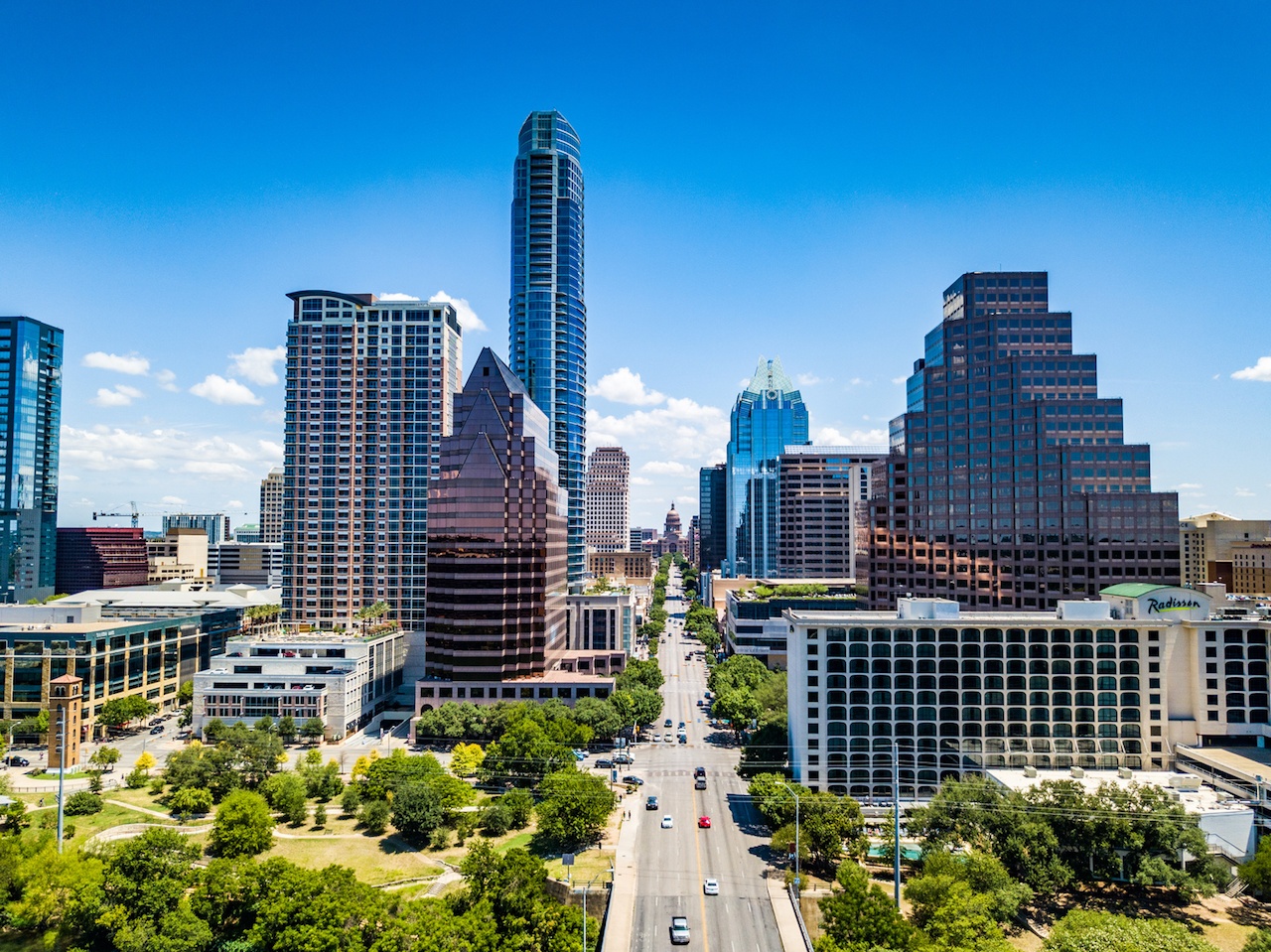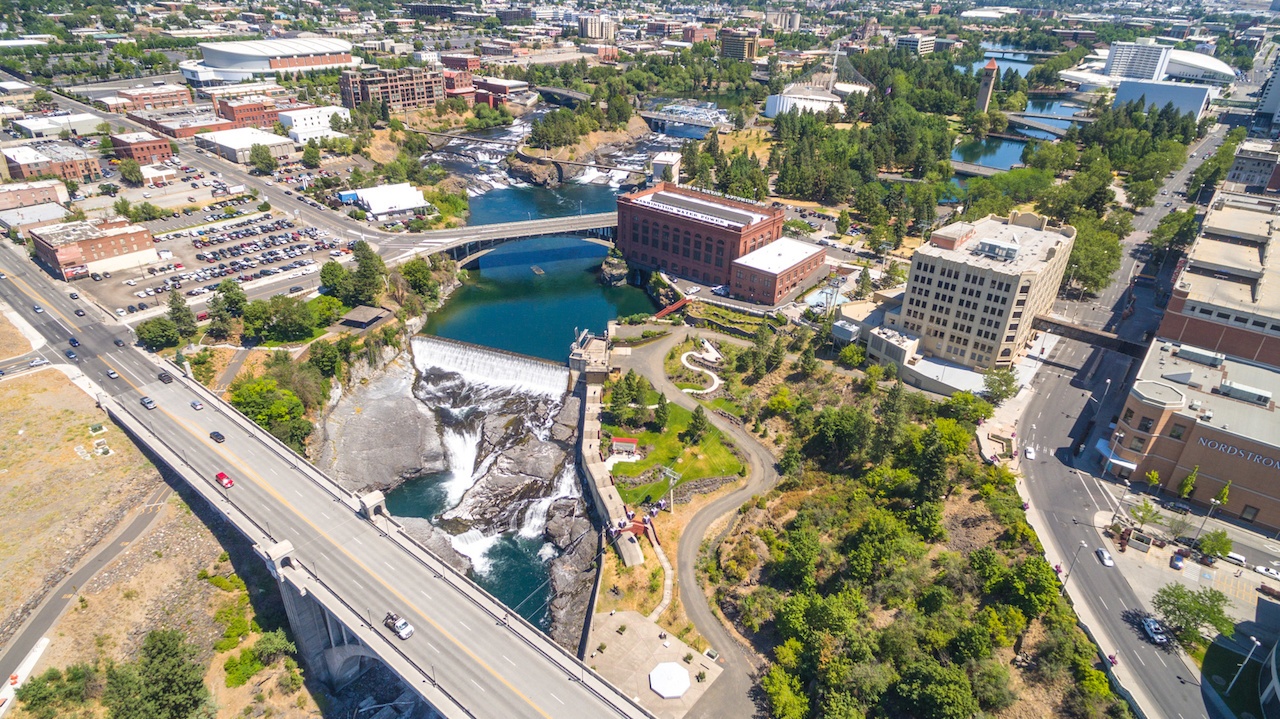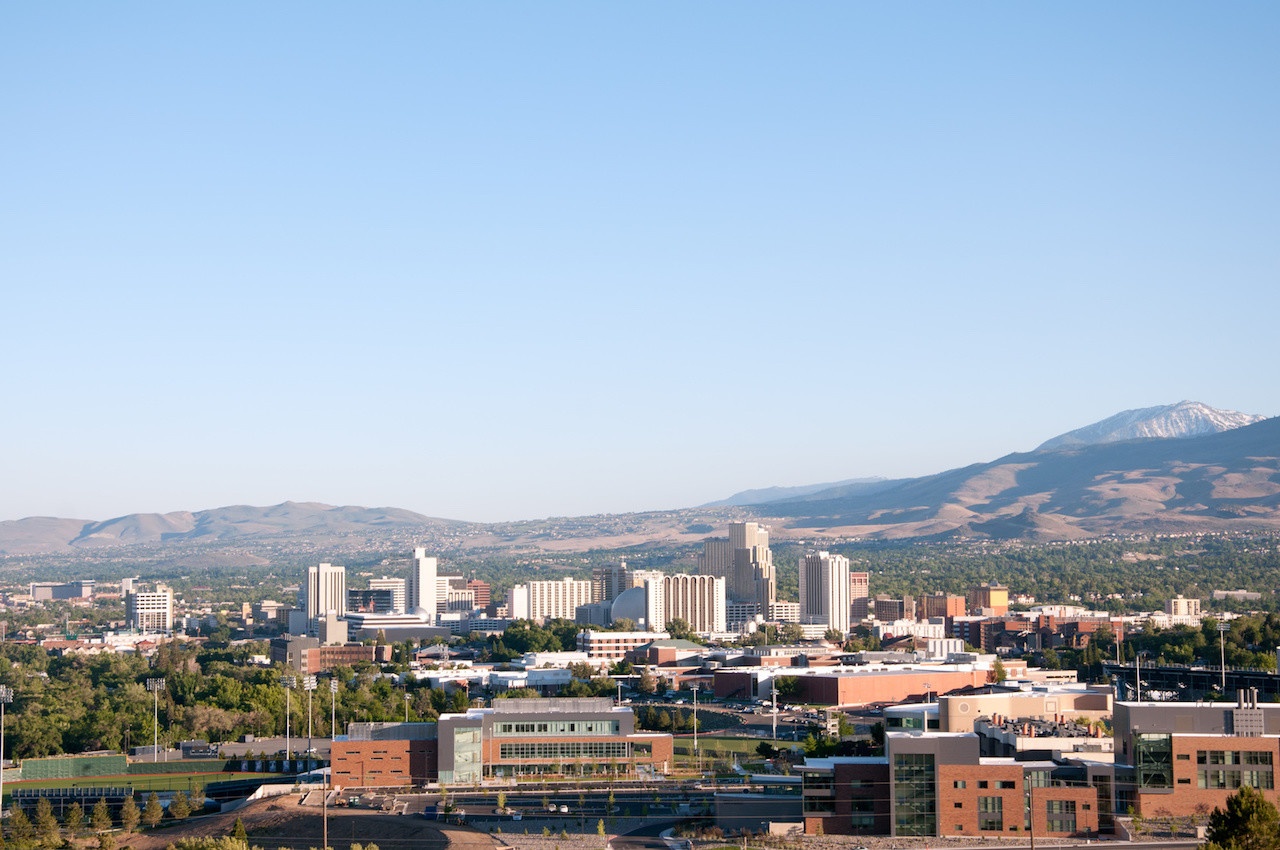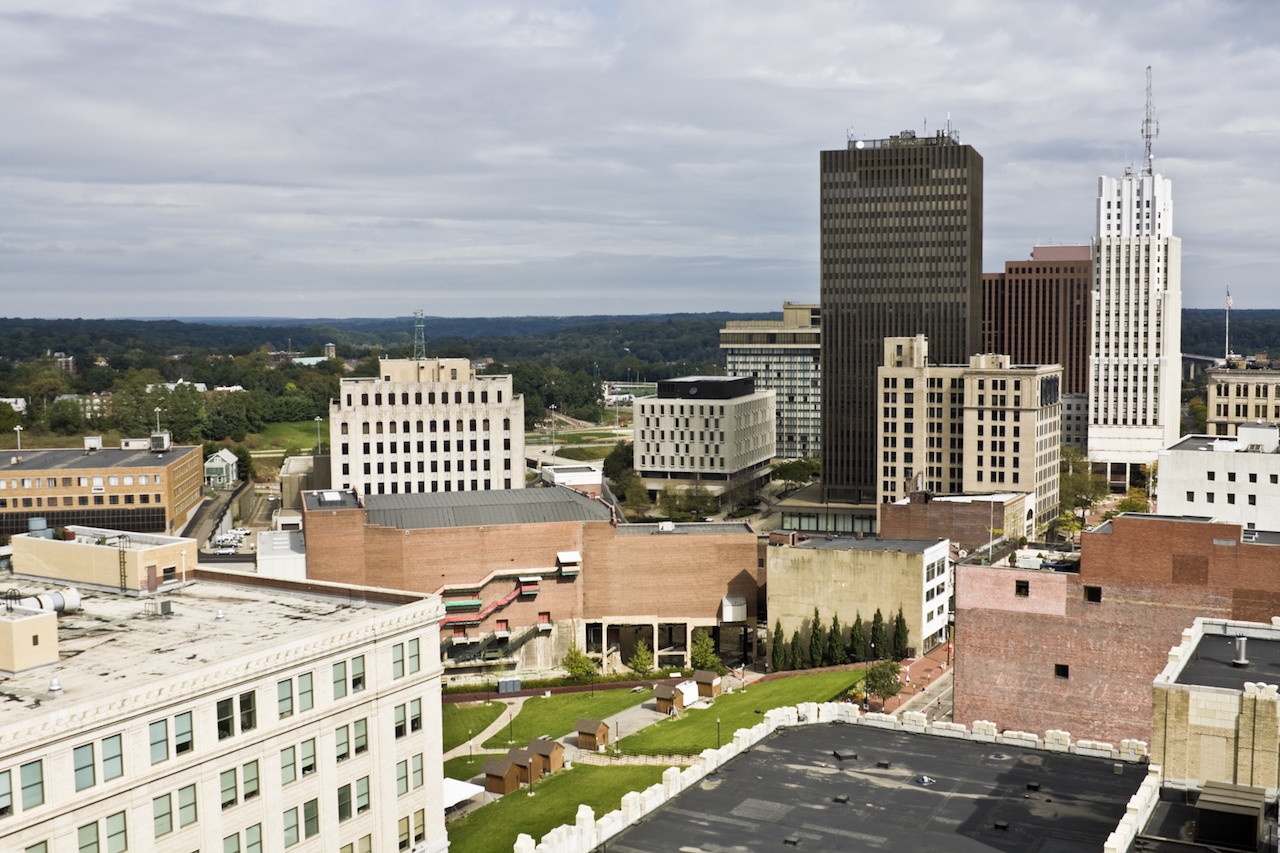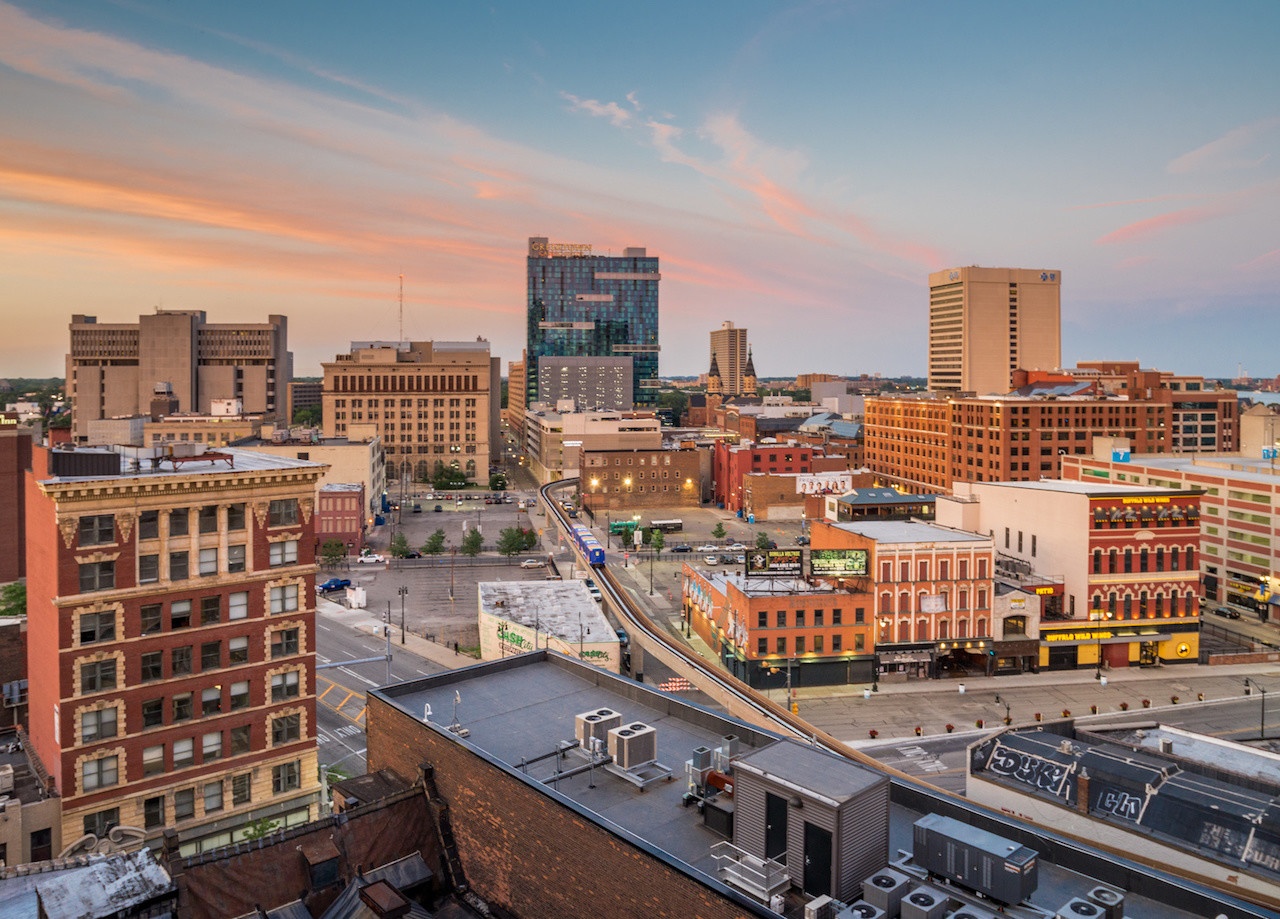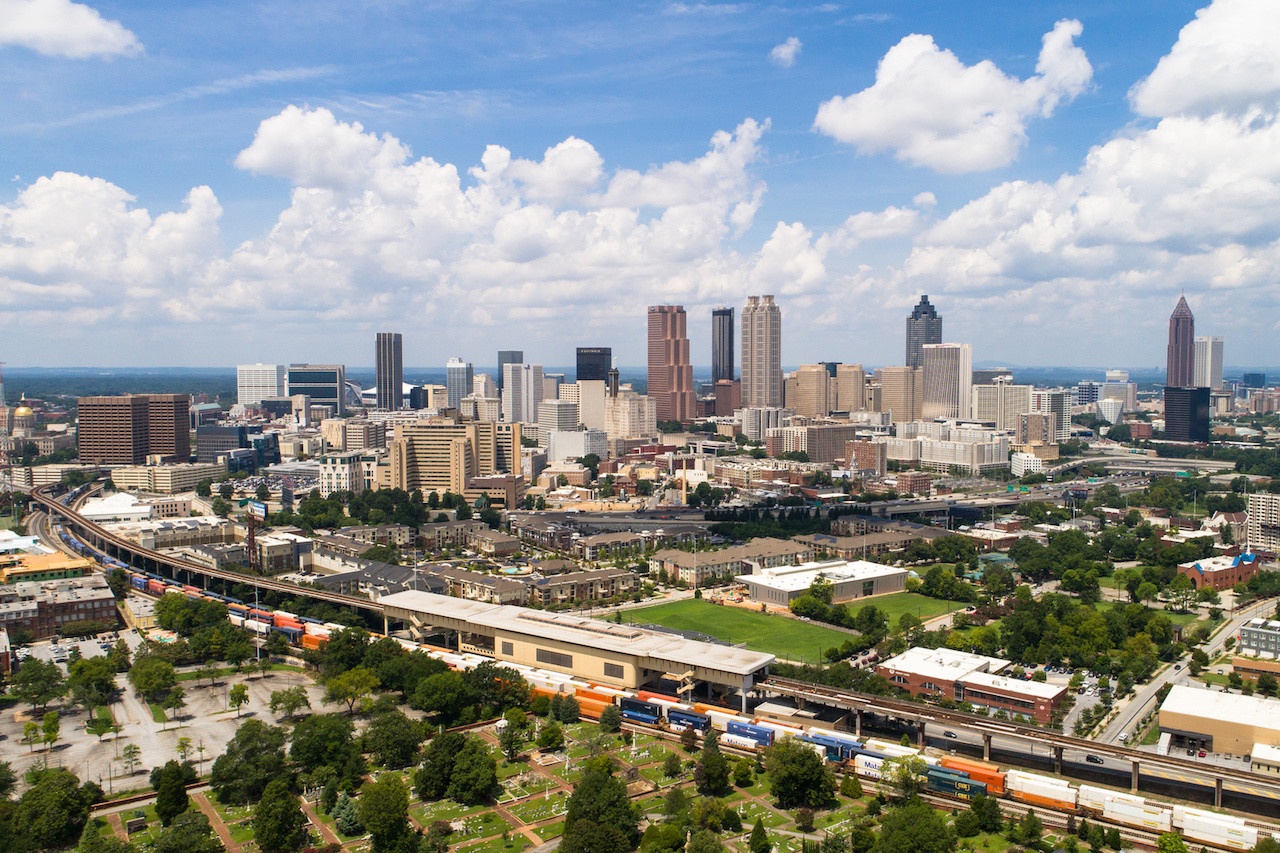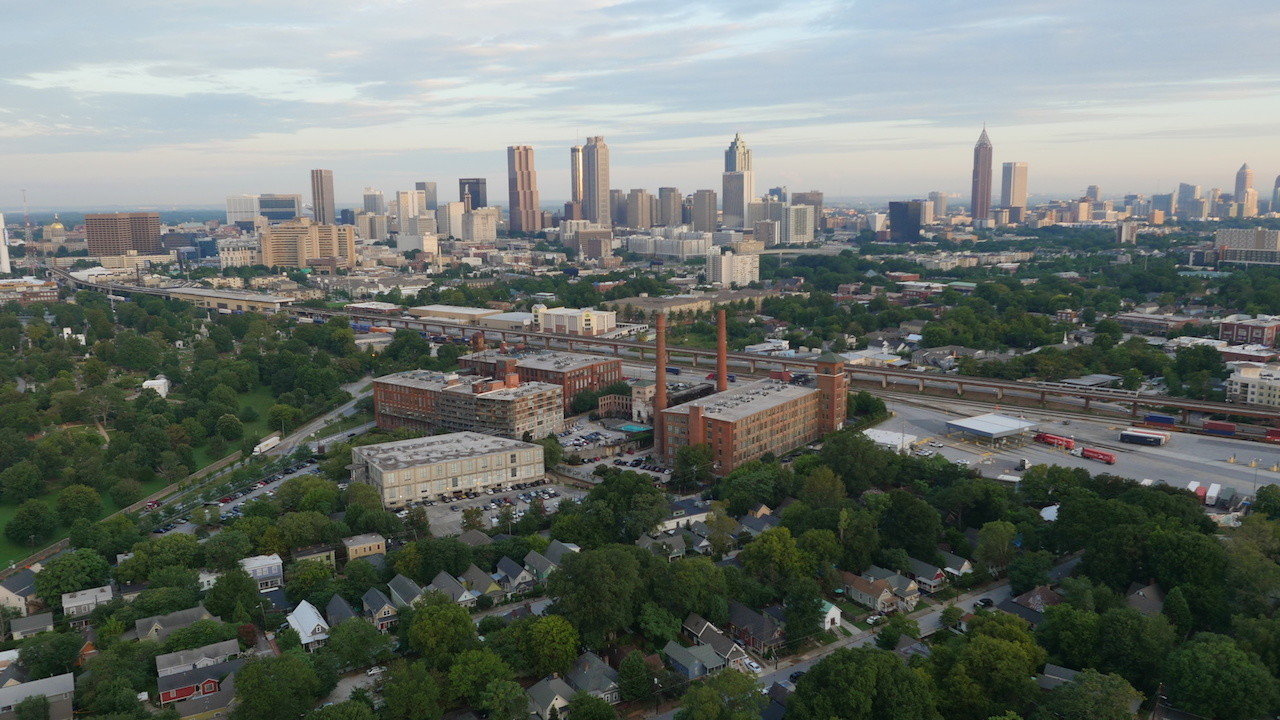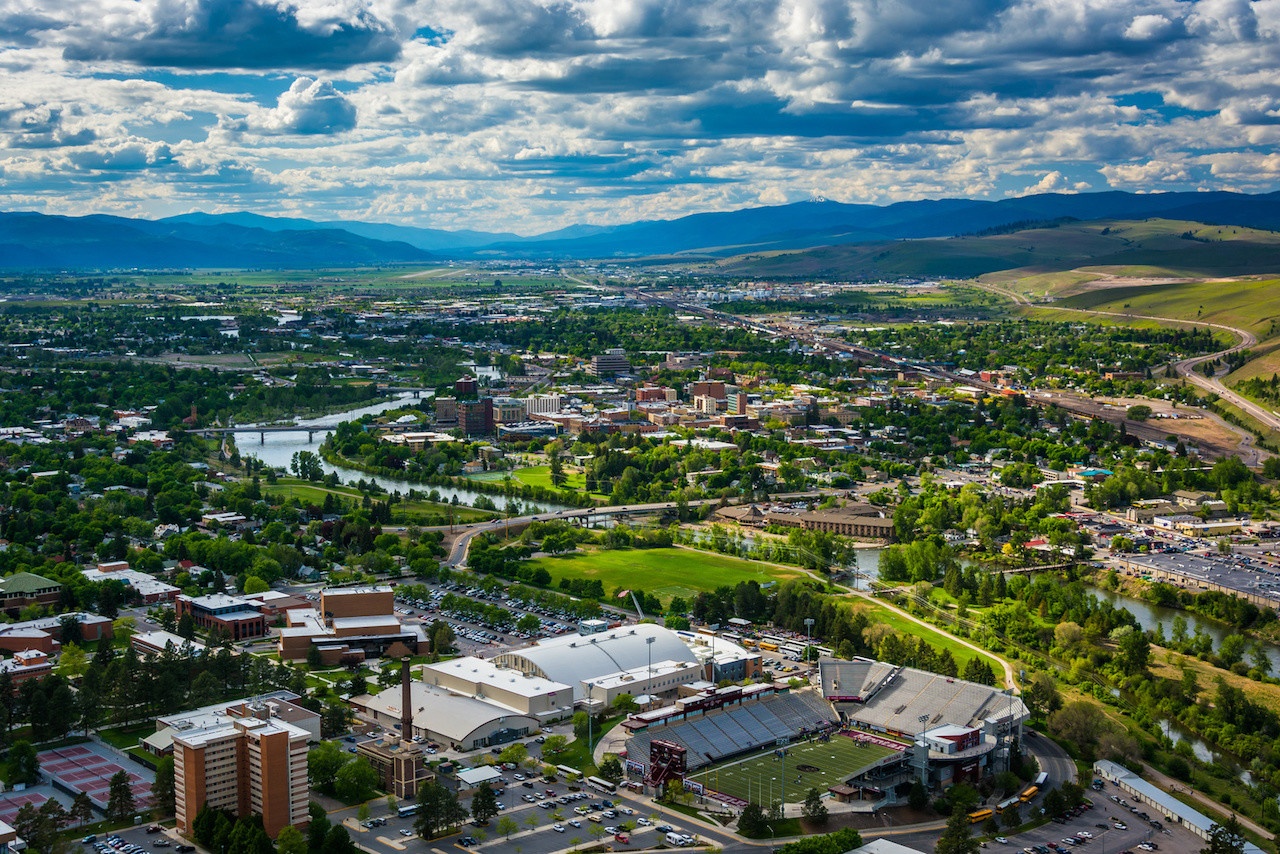Society
A broad category of content focused on societal issues in cities.
Examples: health, community, social equity, education, arts & culture, and homelessness.
Using the Climate Crisis as Catalyst to Increase Wellbeing
The harmful human reactions to rising global temperatures go beyond individual psychological problems to include intensifying psycho-social-spiritual maladies such drug and alcohol abuse, child and spousal abuse, aggression, extremism, crime, and violence. For example, research has found that hotter temperatures, on their own, can increase assaults, robberies, burglaries, larceny and vehicle theft.
3 Strategies for Urban Transportation Planning for People
With the help of a technical advisory committee with multifaceted experiences and expertise in transportation, environmental justice, academia, and philanthropy. The Greenlining Institute has put together a Mobility Equity Framework that lays out a new path for transportation planning.
Smart City Initiatives and Community Engagement in Spokane
Public acceptance, of course, is critically important for smart city implementation. More and more, our expenditures on public infrastructure will need to include technology investments in fiber, sensors, and other equipment. Our citizens also need to get comfortable with what information will be collected and what will be shared and how.
Observations & Predictions for Cities Based on Three Revolutions
Mobility could get much better or it could get worse. Planning, policy, and pricing will make the difference. Done well, we will have fast mobility powered with renewable energy as we travel connected cities on high-speed rail, then fast commuter rail and electric buses, with last mile services that include ride-hailing AV-EV shuttles, cars, bikes and safer walking.
Fostering Trust by Reimagining our Shared Public Spaces
Akron Civic Commons launched in 2016 as a demonstration project of Reimagining the Civic Commons. After selecting Summit Lake as one of the sites for reinvestment, we immediately recognized that one of the greatest challenges to the work was overcoming decades of broken promises. There was a legacy of things being done to the community, not with them, and a healthy skepticism and mistrust of government and community organizations. If we wanted to do this work, it was imperative that we restore trust as part of the process.
Key Lessons Learned in the Quest to Re-green Chicago
The data we have gathered about trees in this region are powerful, but are mostly meaningful because they are in fine enough in detail to be applicable at a local scale. We spent our first few years gathering data so we could identify solutions based on need and not speculation.
Four Traffic Safety Solutions Implementable Now
On September 11, 2001, nearly 3,000 people were killed in New York City, Washington DC, and Pennsylvania, in the worst terrorist attack in U.S. history. It was a senseless act of violence. On September 12, 2001, 100 more people were killed at dozens of locations...How to innovate in Smart Cities with AI
I envision a blended “future of work” that includes automation and augmentation — with the latter in the form of “decision support” tools that speed up and improve human performance, rather than compete with it. Computers are good at computing, surfacing potential decisions – and humans are good at context, or understanding the situational environment. When these two attributes are combined, it results in good judgement.
Using Design to Promote Health: 4 Tips to get You Started
Four years ago, after recognizing this expansive definition of health, we began to explore the research connecting design with social and civic life. Fresh off the press, CfAD has just published the Assembly: Civic Design Guidelines as a practical and inspiring playbook to empower a diverse cross-section of implementers to use design to support civic life.
Strategies for Sustainable Food Systems in Smart Cities
In addition to the needs on the entrepreneurship side, it also became readily apparent that the urban farming industry is siloed and frequently disconnected from the outside world. To address this we have created workshops and conferences that focus on bringing people of diverse backgrounds together and introducing urban agriculture to a wider audience than just ag-tech entrepreneurs.
Building Climate Resilience in America’s Smaller Cities and Towns
The work of transitioning to a carbon neutral global civilization requires that our next generation of leaders looks to, and invests in, the future. By working right now to build climate resilience across the U.S. in small and mid-sized cities, we will not only protect our families and communities in the near-term, we will protect our capacity to do the work of reducing greenhouse gas emissions over the long-term.
Improving Access to Urban Trails
The benefit of parks and trails is greatest for those who live closest to these resources, and a disparity in access can have significant health, social, and economic implications, while also exacerbating environmental justice concerns in communities.

